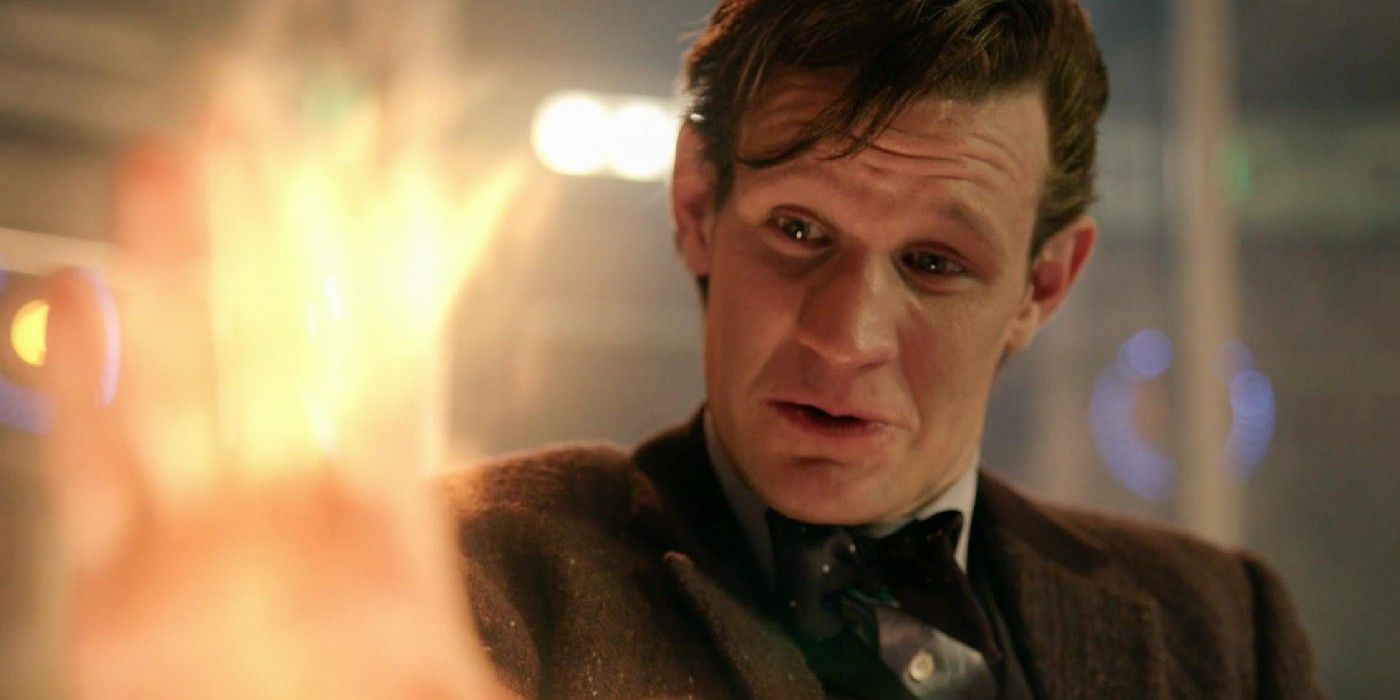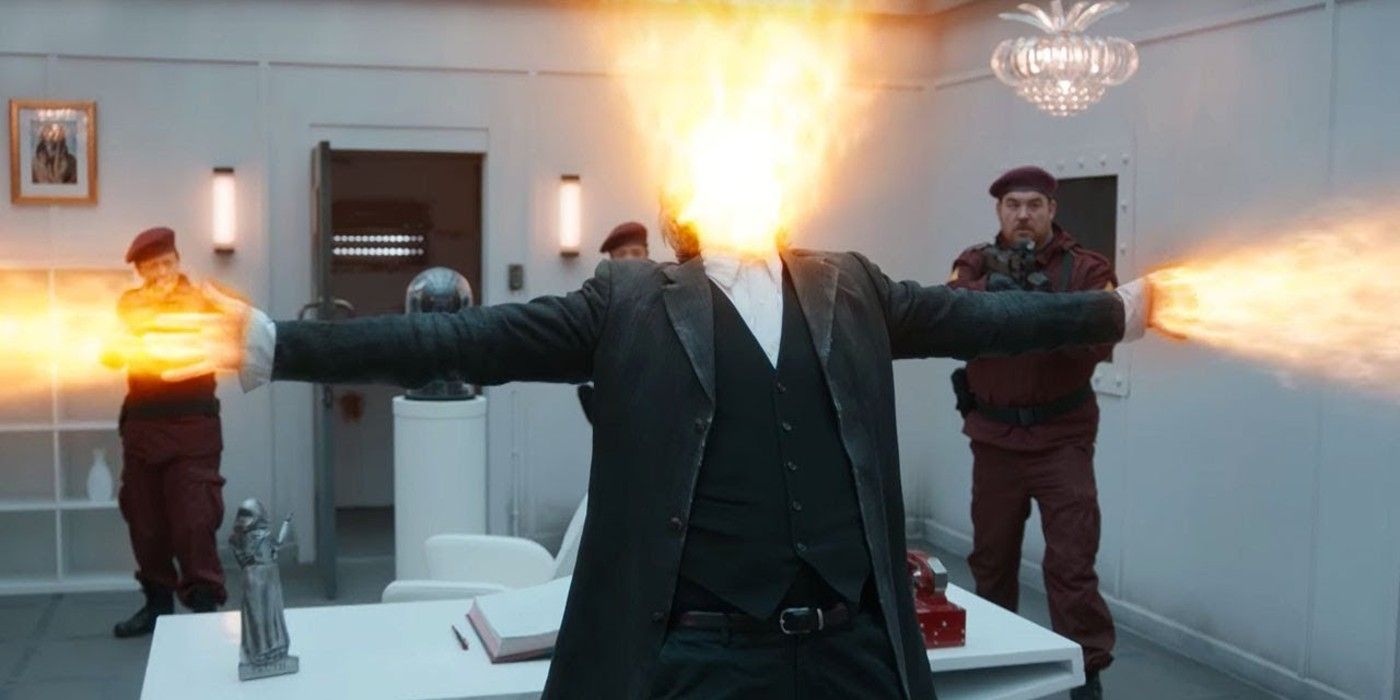Matt Smith, who portrayed the Eleventh Doctor in Doctor Who, has explained why the beloved British sci-fi show changes its lead actor so frequently. The Doctor Who writers first wrote regeneration into the show as a method of replacing the First Doctor, William Hartnell, as problems with his health were becoming worse and he often clashed with producers. In the 1966 episode ‘The Tenth Planet’, the Doctor regenerated for the first time, becoming Second Doctor Patrick Troughton.
As Doctor Who is approaching its 60th anniversary, The Doctor has had a lot of faces over the years. The current iteration of The Doctor is the Thirteenth Doctor, played by Jodie Whittaker. More than thirteen incarnations of The Doctor exist in the Whoniverse, of course – the recent Timeless Child reveal in Season 12 added many more to the official canon – but when it comes to lead actors, Doctor Who has had thirteen in almost six decades.
Since the revival of the show helmed by Russell T Davies started in 2005, five actors have taken on the legendary leading role, with most staying on for an average of three years before exiting the show. With Whittaker’s third season on the horizon, fans have already begun speculating who might replace her if she leaves. Now, Smith (who left the show after his third season in 2013) has explained why most actors leave the role after three or four years. In an interview with Port magazine (via Cinema Blend), he called playing the Doctor “challenging and taxing” even if it is “the best job in the world.” Read the full quote below:
“Of course you miss Doctor Who – it's the best job in the world, but it's challenging and taxing as well...That's why people often get to three or four years before they throw the towel in.”
Many Doctor Who actors have also noted that working on the show can be extremely taxing, with Billie Piper – who played iconic fan-favorite companion Rose Tyler - citing the huge commitment and inescapable fame as reasons that she wouldn’t consider returning to the sci-fi series. Doctor Who is one of the most famous titans of sci-fi in popular culture, and its international reach, huge fandom, and undoubtedly grueling filming schedule combined make taking on a leading role a massive responsibility.
But the Doctor regenerating fairly frequently isn’t a bad thing for the show – in fact, regeneration is what keeps Doctor Who fresh, intriguing and exciting, while also allowing it to stay on screens for as long as it has. Every time a new incarnation of The Doctor is introduced, it creates an entry point for new fans to start watching and an opportunity for the writers to bring their own unique and original ideas to the show. Even if most Doctor Who lead actors only stick around for a couple of years, the legacy that their incarnation leaves will be remembered forever.
Source: Cinema Blend


